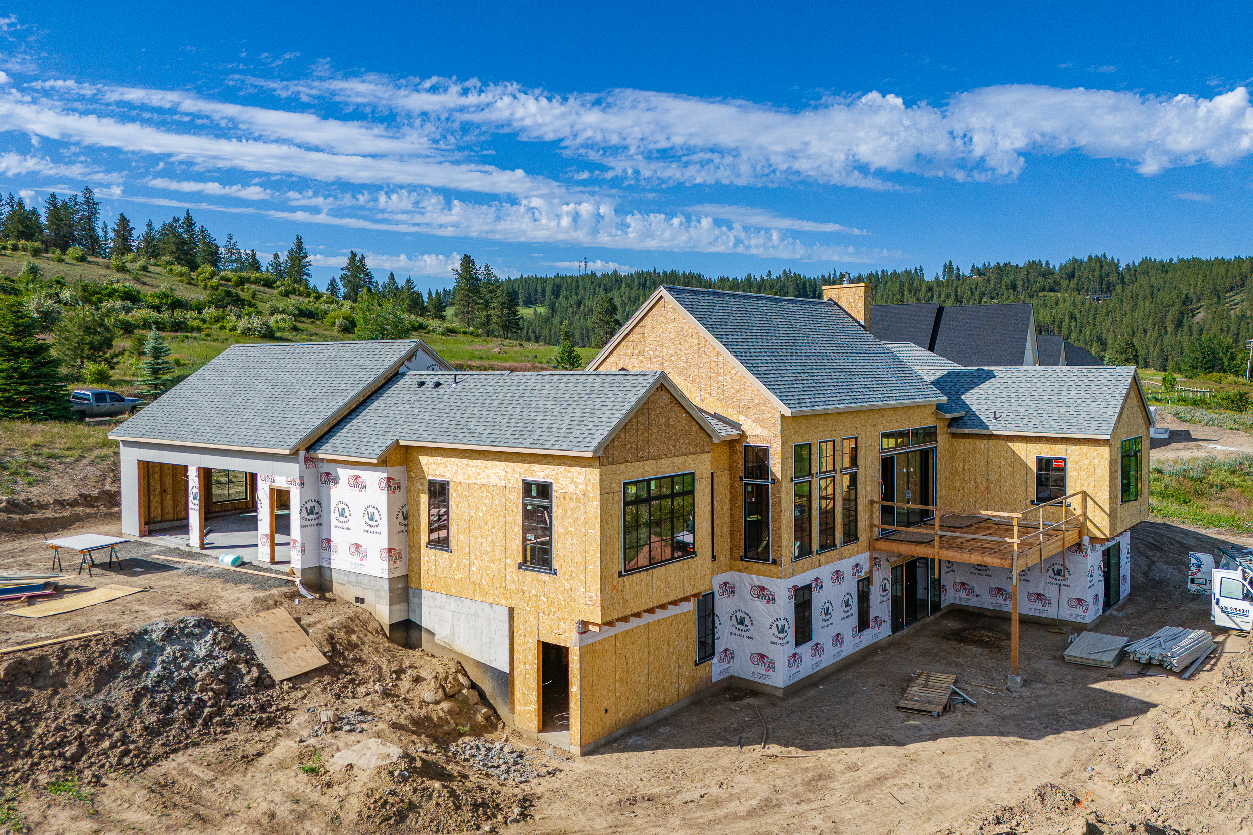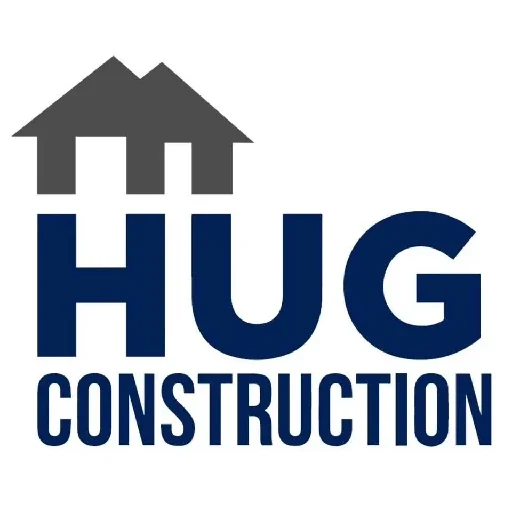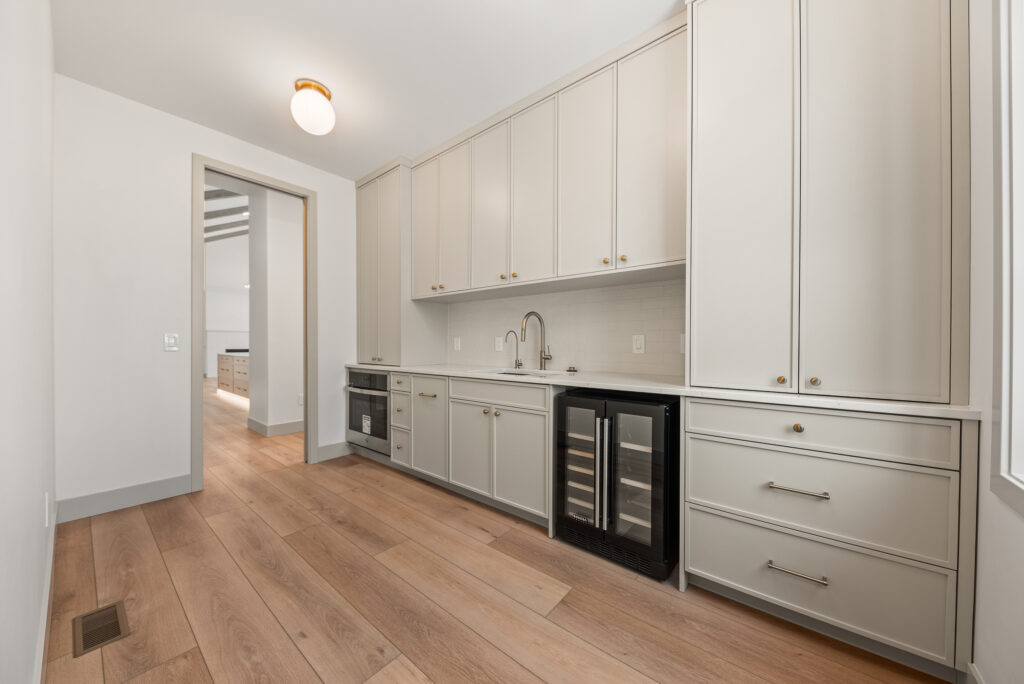
Choosing the Right Contractor: Why the Lowest Bid May Cost You More
Home improvement projects can be exciting, but they also come with significant risks—especially when it comes to hiring a contractor. According to the Better Business Bureau (BBB), the lowest bid for your remodeling project isn’t always the best choice. If one offer is significantly lower than the others, it may indicate that the contractor is cutting corners, using subpar materials, or doesn’t fully understand the scope of work. On the other hand, higher bids may include additional services, contingency funds, or even a more experienced team. Before making a decision, it’s crucial to assess why bids vary and what each contractor truly offers.
Understanding Contractor Complaints
Consumer complaints about home improvement contractors are among the most frequent issues reported to consumer protection agencies. In 2019, the Consumer Federation of America (CFA) identified common problems such as shoddy workmanship, failure to complete jobs, and lack of proper licensing or registration. These issues persist today, with project delays, poor communication, and mid-project price increases being some of the most reported grievances.
By 2022, home improvement contractors had risen to the #2 complaint category, highlighting the growing concern among homeowners. Many consumers paid in advance for work that was never completed, performed poorly, or handled by individuals without the proper licensure. In many cases, homeowners had difficulty obtaining refunds or getting corrections made to subpar work. This underscores the importance of thoroughly vetting a contractor before signing an agreement.
What to Watch Out For
- Extremely Low Bids – A bid that seems too good to be true probably is. Ask detailed questions about labor costs, materials, and scope of work.
- Lack of Proper Licensing – Ensure your contractor has the required state and local licenses. Unlicensed work can void warranties and create legal issues.
- No Written Contract – Verbal agreements aren’t enough. A detailed contract outlining costs, timelines, and responsibilities protects both parties.
- Large Upfront Payments – Reputable contractors typically ask for a reasonable deposit, not full payment before work begins.
- Poor Communication – If a contractor is difficult to reach or vague about project details, it may signal trouble ahead.
Protecting Yourself
- Do Your Research: Check online reviews, ask for references, and verify the contractor’s credentials.
- Get Multiple Bids: Compare at least three estimates to understand market pricing and service differences.
- Work with Reputable Agencies: Consider hiring contractors endorsed by professional organizations or your local BBB.
- Understand Your Contract: Ensure all aspects of the job, including deadlines, materials, and payment schedules, are clearly outlined.




